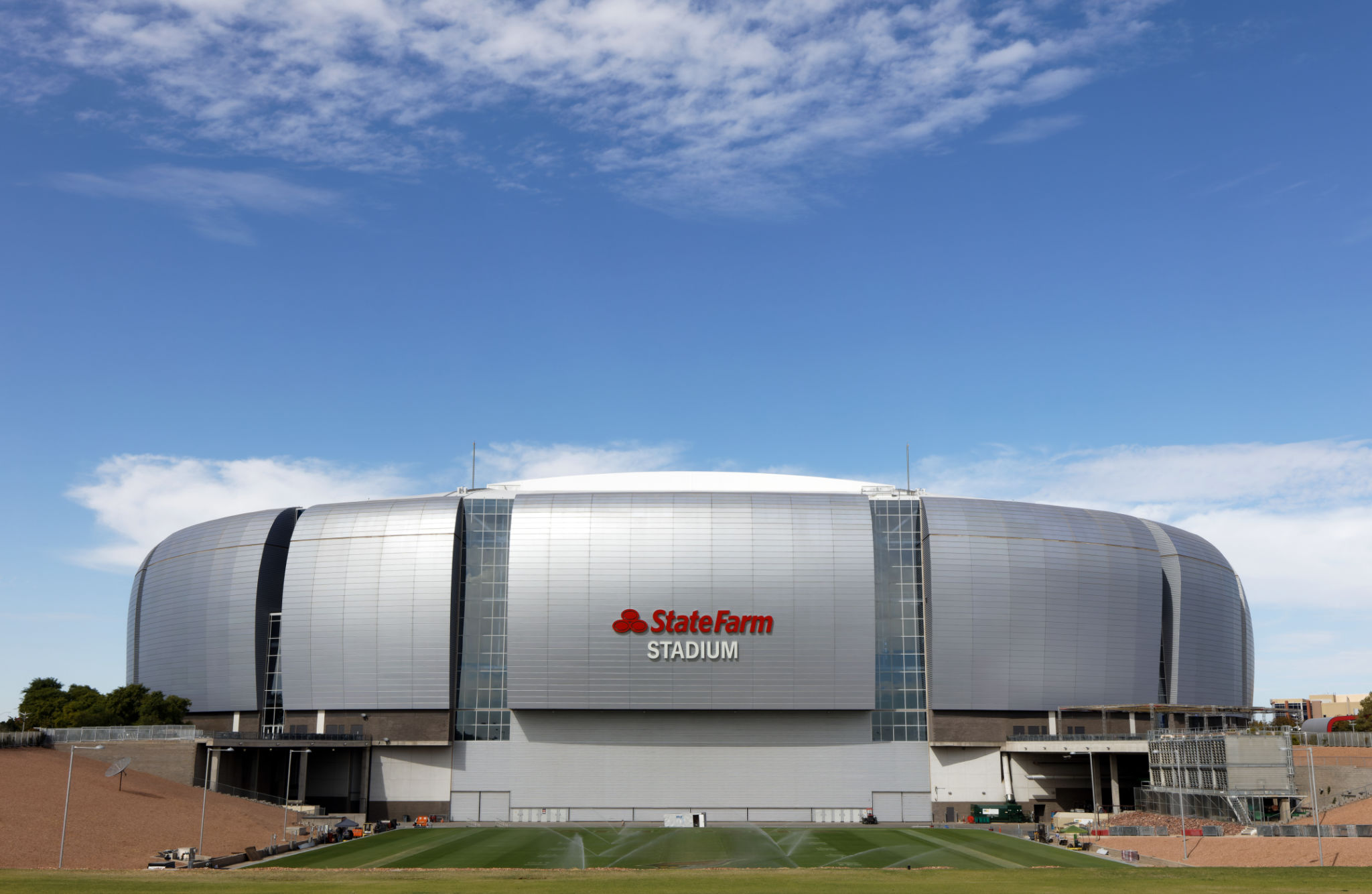The History and Evolution of American Football in Phoenix
Early Beginnings of American Football in Phoenix
The history of American football in Phoenix is both rich and fascinating, tracing back to the early 20th century when the sport began to gain popularity across the United States. Initially, football in Phoenix was played at a grassroots level, with local teams and high schools organizing matches. The warm climate made it an ideal location for year-round training and games.
In these early years, the sport was primarily dominated by amateur players and community clubs. Despite its humble beginnings, the enthusiasm for football steadily grew, laying the foundation for the professional scene that would emerge later. Community support played a significant role in nurturing young talent and developing a fan base.

The Rise of College Football
By the mid-20th century, college football had become an integral part of Phoenix's sports culture. Institutions such as Arizona State University (ASU) emerged as prominent centers for nurturing football talent. The ASU Sun Devils became one of the most recognized teams in college football, drawing large crowds and fostering regional pride.
The success of college teams in Phoenix not only boosted the sport’s popularity but also paved the way for advancements in training facilities and coaching techniques. College games became major events, attracting fans from all over the state and beyond. This period marked a significant transition from amateur to more organized forms of play.

Professional Football Takes Center Stage
As college football flourished, Phoenix's yearning for a professional team intensified. The 1988 relocation of the St. Louis Cardinals to Phoenix marked a pivotal moment in the city's football history. Renamed the Arizona Cardinals, this NFL team brought professional football to the forefront, offering fans a new level of excitement and engagement.
The arrival of the Cardinals was not just a sporting milestone; it was a cultural event that helped shape Phoenix’s identity. The team quickly became a vital part of the community, with games hosted at Sun Devil Stadium initially and later moving to State Farm Stadium in Glendale. These venues became iconic landmarks for football enthusiasts.

Impact on Local Culture and Economy
Football's evolution in Phoenix has had profound effects on both local culture and the economy. The sport has fostered a strong sense of community, bringing people together through shared support for local teams. High school and college games are weekend staples for many families, creating traditions that span generations.
Economically, football has contributed significantly to Phoenix's growth. The influx of visitors for games supports local businesses, from hotels and restaurants to retail stores. Major events like the Super Bowl have further elevated Phoenix’s status as a key player in the national sports scene, drawing global attention and investment.

The Future of Football in Phoenix
Looking ahead, the future of football in Phoenix appears promising. Investment in youth programs and facilities continues to be a priority, ensuring that new generations can enjoy and participate in the sport. Technological advancements are also being embraced, with teams utilizing data analytics and innovative training methods to enhance performance.
With its deep-rooted history and ongoing enthusiasm for football, Phoenix is poised to remain a vibrant hub for the sport. As the city grows, so does its potential to host more significant football events, further solidifying its reputation as a premier destination for fans and players alike.
